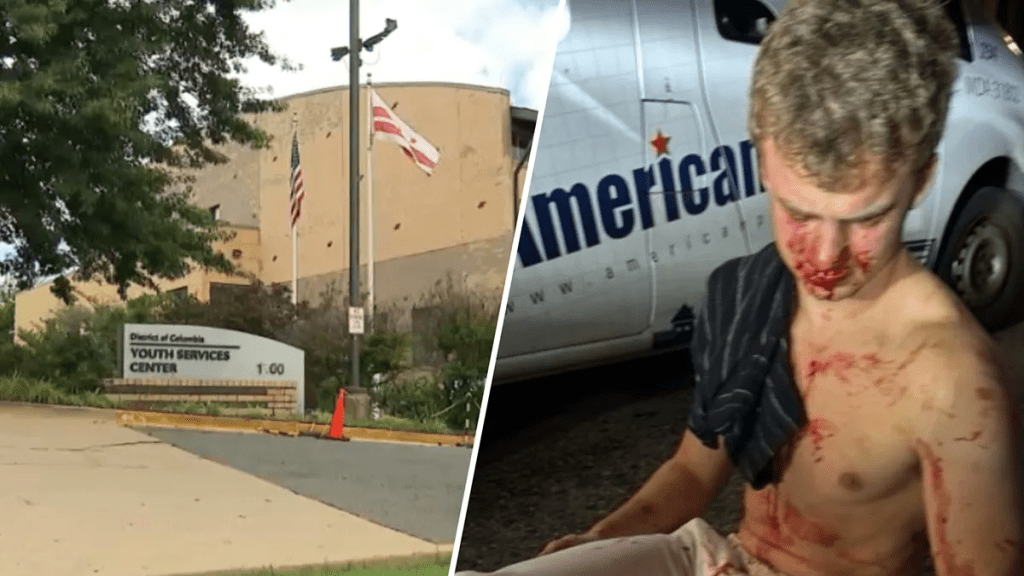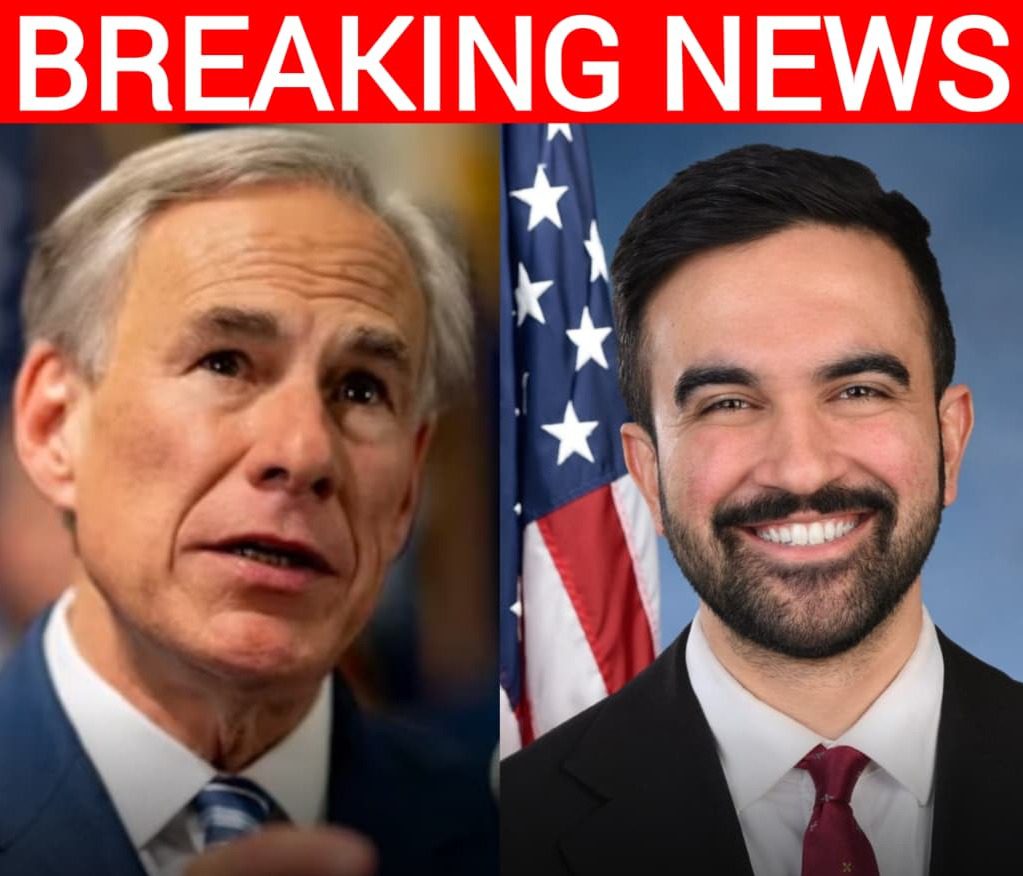Teens Who Jumped Ex-DOGE Staffer Edward “Big Balls” Coristine in Early Morning Attack Get Probation Instead of Jail
They came in the darkness, a blur of violence and shock, and in the aftermath of that savage assault the question reverberated across Washington: who answers for what happened that night? On August 3, just after 3 a.m. in a D.C. parking garage, Edward “Big Balls” Coristine — a 19-year-old former DOGE staffer — and a female companion were accosted by a group of about ten youths intent on taking their car and doing worse. Video and photos later showed Coristine bloodied, shaken, and badly hurt — a visible reminder that violence in the capital can touch almost anyone. Two 15-year-old suspects from Hyattsville, Maryland, were arrested shortly after, while the rest of the assailants escaped into the night. This week, the court rendered its judgment: probation, not prison.

In a packed D.C. Superior Court, the male teen was handed 12 months of probation with strict house arrest, while the female was sentenced to nine months of probation and placed under the supervision of a youth shelter. The deal marks a sharp contrast to the public outrage that erupted when images of Coristine’s injuries were circulated — including by former President Trump, who framed the assault as emblematic of a city “out of control.”
Coristine, appearing via video link in court, spoke directly to the teens: “I hope you can figure things out and be ready for the consequences,” he told them. He also publicly thanked law enforcement and prosecutors for their work bringing two of the perpetrators to justice. But the reality is the rest of the group — those who allegedly joined the early morning ambush — remain unaccounted for.

Court documents show the facts of the attack were harrowing: as Coristine helped push his companion into the car to safety, the group accused them of having a vehicle, advanced on him, and unleashed a flurry of blows. He sustained a concussion and a broken nose, according to medical and police statements. The stolen property included an iPhone 16 valued at around $1,000.
In another twist, prosecutors revealed that the same boy had been involved in a robbery at a gas station earlier that same night. He pleaded guilty to four counts: felony assault and robbery near the gas station, plus attempted robbery and simple assault for the Coristine attack. The girl pleaded guilty to a simpler assault charge tied to the gas station episode, with one of her charges dropped in exchange.

Judge Kendra D. Briggs, presiding over the case, underscored the stakes: while juvenile court aims to rehabilitate rather than punish, the rights of victims and public safety must also be balanced. She described the defendants as part of a larger group that “decided to terrorize” the area that night. As part of the sentence, the teens must each complete 90 hours of community service, abide by an electronic monitoring order, avoid each other, and stay out of D.C. except for court-approved reasons.
Public reaction has been swift and divided. Supporters of tougher juvenile-sentencing laws argue the probationary outcome signals a failure of accountability, especially in a case with national ramifications. Detractors caution that punishing young offenders too harshly might set back efforts to steer them toward rehabilitation and positive futures. The fact that their accomplices remain at large only deepens the unease — those who were never held may slip beyond reach.

The case carries outsized political weight. Within days of the assault, President Trump demanded federal intervention in D.C. policing and threatened to take control of the city if crime wasn’t reined in. Congress is now considering legislation that would reduce judicial discretion for juvenile sentences and allow younger minors to be tried as adults in D.C. Meanwhile, local leaders and justice advocates warn of the dangers of sweeping measures that discount rehabilitative theories of youth justice.
For Coristine, whose youthful career has already traversed multiple agencies — from Neuralink to the Social Security Administration — the fallout has been more than physical; his assault became a symbol. His work with Musk’s DOGE program to reorganize federal operations exposed him to intense scrutiny, and this provoked a rare moment when policy, personal risk, and politics collided.

In the end, the public will watch closely. Will this sentence satisfy a sense of justice, or will it leave victims and citizens questioning whether the scales are tilting too far toward indulgence? In a city perpetually in tension — between order and unrest, youth and authority, punishment and second chances — the images from that night still echo. Coristine’s broken face is not only a reminder of violence’s suddenness but of how fragile the bridges between law, politics, and life often are.



